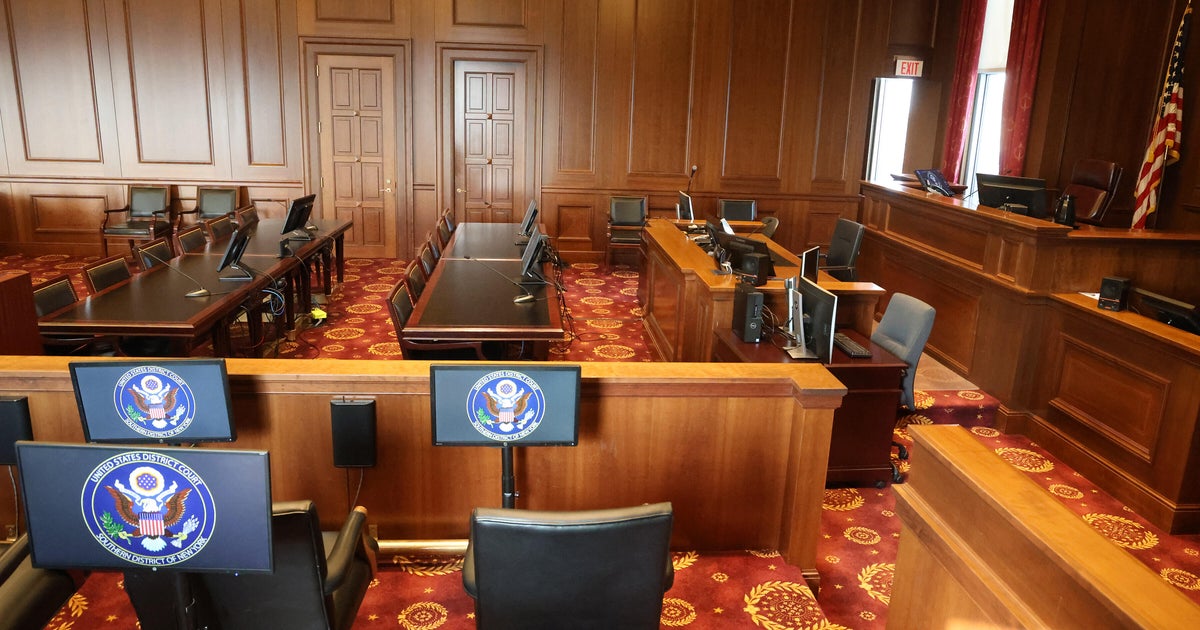Judge Won't Allow 2nd Blood Test In Leyritz Case
FT. LAUDERDALE (CBS4) - A small victory for the defense in the DUI/manslaughter trial of former New York Yankee Jim Leyritz on Tuesday after the judge threw out a second 2nd sobriety test.
During the day's proceedings Leyritz's attorney David Bogenschutz had argued that the 2nd test of Leyritz's blood alcohol level, which showed a reading of .13, was not allowed by state law.
"I am contesting that 2nd blood draw that was taken after the first test," said Bogenschutz. "I am not contesting the first test that has already been allowed as evidence."
The state had hoped to have two DUI tests on the record showing that the 46-year-old Leyritz was drunk at the time of the December 28th, 2007 crash that took the life of 30-year old Fredia Ann Veitch, a mother oof two.
The first DUI test was taken about 2 1/2 hours after the accident and reportedly showed Leyritz was .14, nearly twice the legal limit. The second test was taken about an hour later.
"I find this is a constitutional violation," said Broward Circuit Judge Marc Gold as he dismissed the 2nd test.
Dr. Harold Schuler, a chief toxicologist at the Broward Medical Examiner's office, testified that if Leyritz tested .14 more than two hours after the crash, then his blood alcohol level at the time of the crash would have been more than .19, severely impairing his judgement and vision.
The jury also heard again that Veitch's blood alcohol level at the time of the crash was .18, meaning she was also twice the limit for being legally impaired. What they were not informed of was that Veitch was not wearing a seat belt or that she was receiving cell phone calls and text messages in the minutes leading up to the crash.
According to the arrest affidavit Leyritz ran a red light and crashed into Veitch's sport-utility vehicle, throwing her from the SUV.
Last May, Leyritz settled a wrongful death lawsuit brought by Veitch's family for $250,000 in insurance and $1,000 in monthly payments out of his own pocket for 100 months.
If convicted, he faces from four to 15 years in prison.







